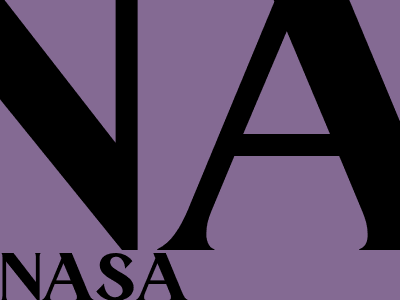
NASA Selects 9 Regions on the Moon as Potential Landing Sites for Artemis Missions
Exploring the Lunar Surface in Preparation for Human Return
NASA has announced its selection of 9 candidate landing regions near the Moon's South Pole for potential future crewed missions under the Artemis program. These regions were chosen based on their scientific value, accessibility, and safety considerations.
Scientific Objectives
The Artemis missions aim to establish a sustainable human presence on the Moon. Scientific exploration is a key component of these missions, and the selected landing regions offer unique opportunities to study the Moon's geology, origin, and potential resources.
Accessibility and Safety
The landing regions are located near the Moon's South Pole, where there is permanent sunlight and access to water ice in craters. This makes them relatively accessible and safe for human exploration.
Candidate Landing Sites
The 9 candidate landing regions are:
- Haworth
- Malapert
- Nobile
- Amundsen
- Shackleton
- De Gerlache
- Faustini
- Hawkins
- Grimaldi
Each region has unique characteristics that make it a potential site for human landing. For example, Haworth is located in a crater with well-preserved ancient lunar rocks, while Malapert offers access to a large, accessible ice deposit.
Next Steps
NASA will continue to refine its landing site selection process in the coming months. The agency plans to send robotic missions to the Moon to further explore the candidate landing regions and collect additional data before making a final decision.
Conclusion
The selection of these 9 candidate landing regions is a significant step in NASA's plans to return humans to the Moon. The scientific discoveries and technological advancements made during the Artemis missions will pave the way for future human exploration of Mars and beyond.